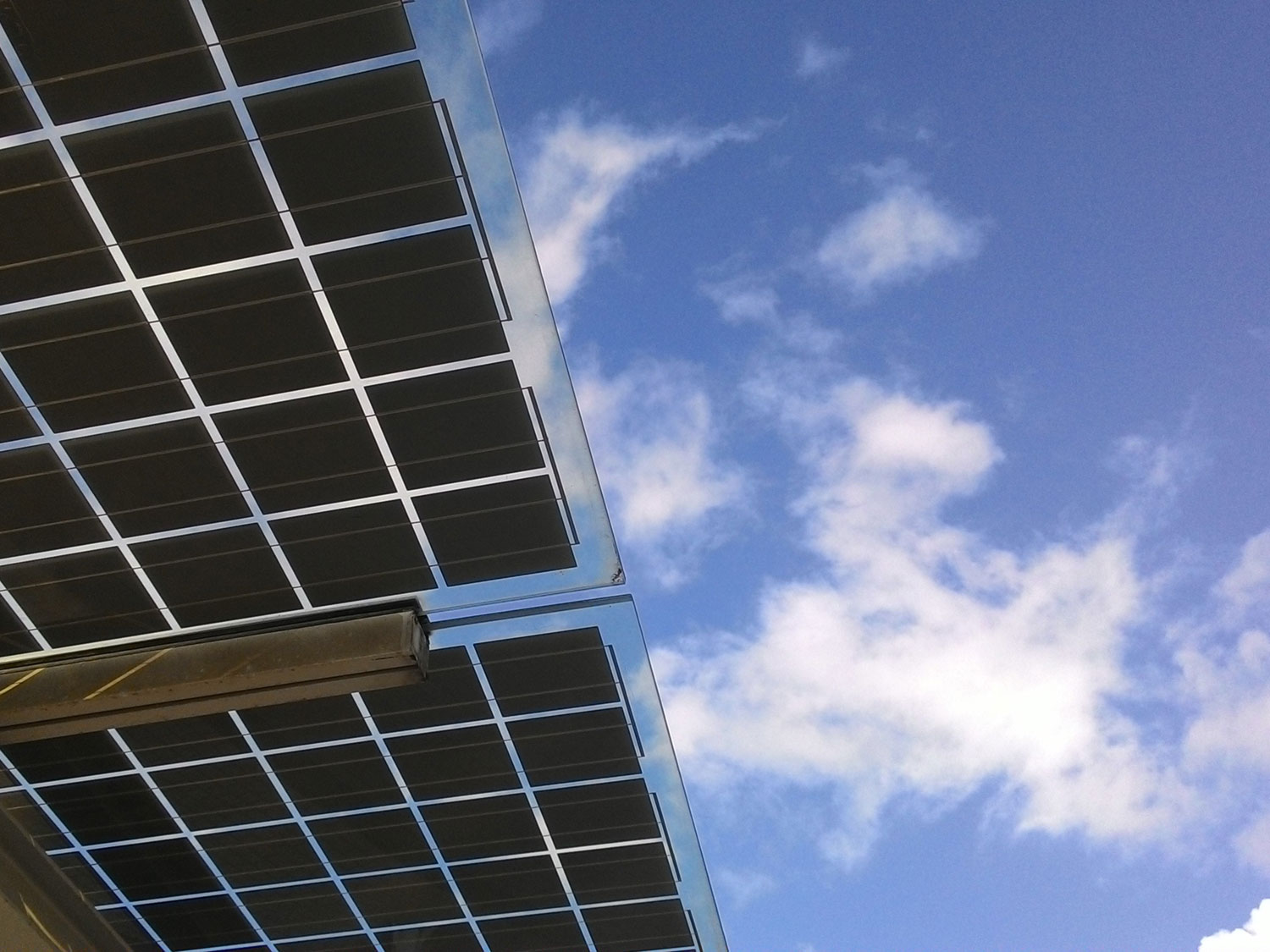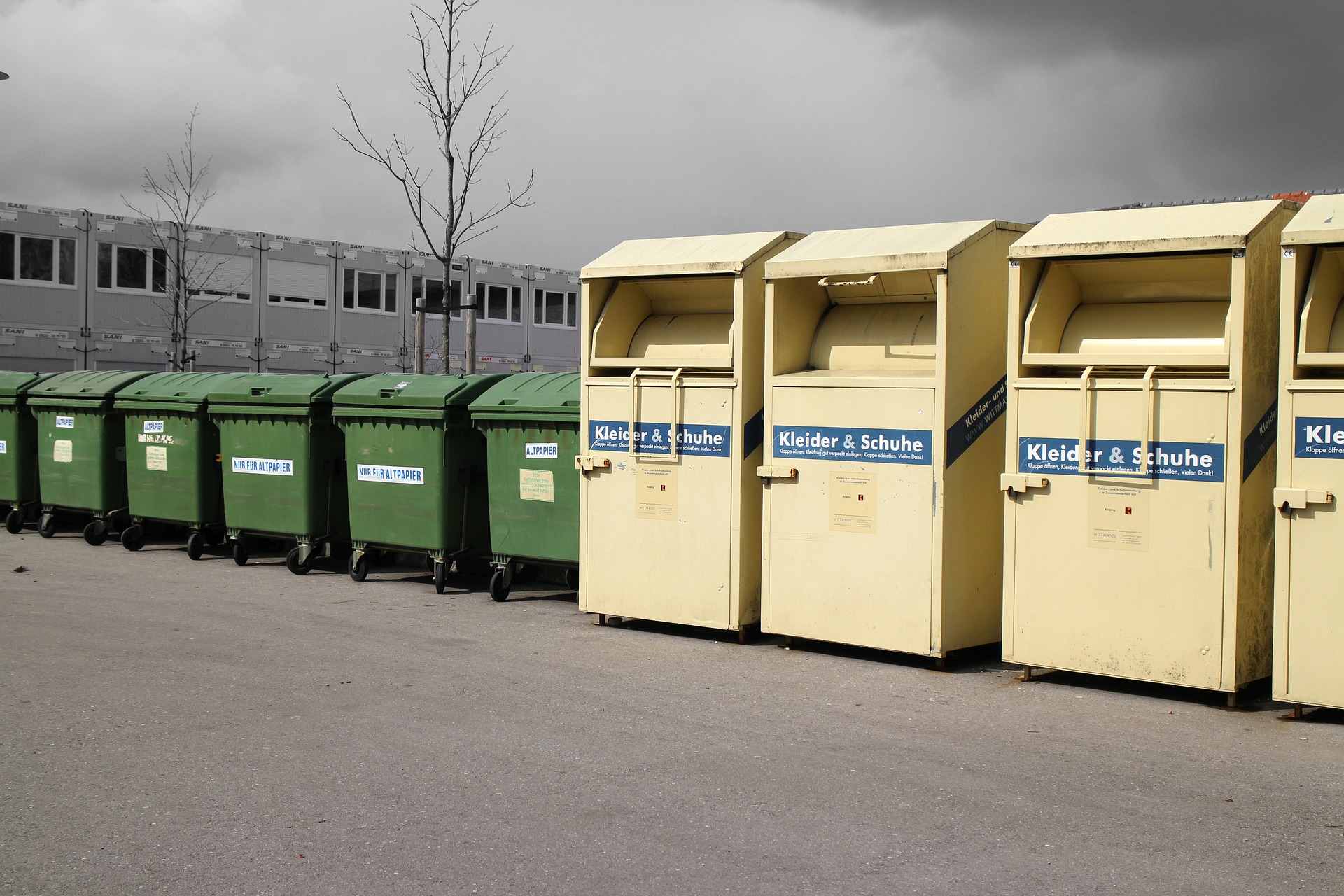Environment, Resources & Energy
RISE supports the energy and utilities industry by providing and developing comprehensive IT solutions designed to modernise business operations by reducing manual effort, automating processes and providing near real-time information in the format you want, when you want it.

Transforming the energy sector
The energy industry is one of the most important industries in modern society, playing a crucial role in providing electricity and other forms of energy that are essential for the operation of homes, businesses and industries. In recent years, however, the industry has been faced with a number of challenges, including increasing energy demand, the need to reduce emissions, the integration of renewable energy sources and the optimisation of efficiency and costs. In this context, information technology (IT) has played an increasingly important role in transforming the energy industry into a sustainable and efficient sector.
In environmental management, IT can also help identify environmental problems, plan and implement measures to reduce environmental impact, and monitor and document compliance with environmental regulations and standards. This development presents both opportunities and challenges for the industry and requires closer cooperation between energy/environmental and IT companies and regulators to reap the full benefits of digitalisation. Overall, the integration of IT into the energy industry can lead to a more sustainable, efficient and economic energy supply that meets the needs of society and the planet.

IT systems and solutions offer innovative ways to meet the challenges of energy supply and distribution, helping to transform the energy industry at every stage.
Power generation
The efficiency and performance of power plants and renewable energy sources such as wind and solar power plants can be optimised through the use of IT. For example, sensors and data analysis tools can be used to monitor the condition of equipment and systems and plan preventive maintenance measures.
Power distribution
IT systems are used to automate and optimise the operation and monitoring of electricity grids. For example, smart grids can be used to integrate renewable energy sources and distribute electricity to consumers more efficiently.
Energy efficiency
Energy consumption in buildings and other facilities can be monitored and optimised using IT systems. For example, building automation systems can be used to automatically control heating, air conditioning and lighting to reduce energy consumption.
Renewable energies
The integration of renewable energy sources into the electricity grid can be supported by IT. For example, real-time data and forecasting models can be used to improve the availability and predictability of wind and solar energy sources.

Customer interaction
The appropriate use of IT systems improves the interaction between energy companies and customers. For example, digital channels such as apps and online portals can be used to give customers insight into their energy consumption and help them reduce it.

Environment monitoring
Environmental conditions and impacts can be monitored by collecting, analysing and visualising environmental data. For example, sensors, GPS systems and remote sensing technologies are used to monitor air and water quality, soil conditions, biodiversity and other environmental factors.

Environmental management systems
Environmental management systems help to minimise environmental impacts and ensure compliance with environmental regulations and standards. For example, environmental management software tools can be used to create and implement risk assessments, environmental audits and environmental management plans.

Electronic data management environment (EDM)
The Electronic Data Management Environment (EDM) of the Ministry for Climate Protection, Energy, Mobility, Innovation and Technology (BMK) is an information network portal that enables companies and authorities to process registration and reporting obligations in the waste and environmental sector online.
As a central e-government project of the BMK, the EDM aims to sustainably reduce the administrative burden for companies and authorities at all administrative levels through an efficient, electronic registration and reporting system that ensures a high level of environmental protection in Austria.

A networked future
The energy and environment sectors are increasingly intertwined with the Internet of Things (IoT). The use of smart devices and networked systems is opening up new avenues for sustainable innovation.


